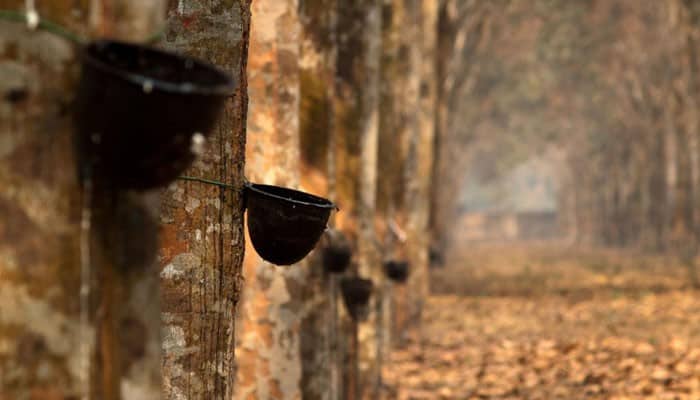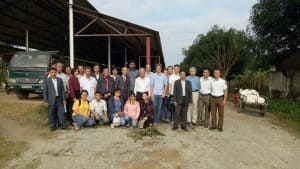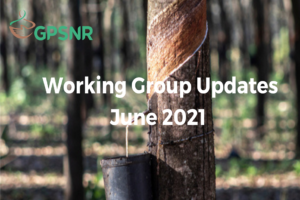Sustainable natural rubber, a Tire Industry Project priority
This, of course, means looking after the people, communities and natural resources touched by natural rubber production and supply – which all stand to benefit from the creation and adoption of sustainable practices and businesses.
TIP leading change
The tire industry consumes around 70 percent of natural rubber in the world and demand for natural rubber is growing, which throws into sharp relief the various social, economic and environmental opportunities associated with the production of this important commodity.
Together with other stakeholders, TIP members are working to transform the natural rubber supply chain for the better in developing the Global Platform for Sustainable Natural Rubber (GPSNR) – an independent platform to lead improvements in the socio-economic and environmental performance of the natural rubber value chain.
An ambitious and wide-reaching set of priorities
Twelve months of stakeholder collaboration have resulted in development of an ambitious, wide-reaching, common set of priorities for the natural rubber supply chain. The GPSNR will work to harmonize standards to improve respect for human rights, prevent land-grabbing, protect biodiversity and water resources, improve yields, and increase supply chain transparency and traceability.
Mainstreaming for meaningful change
A review of comparable supply chain sustainability initiatives revealed that the mainstreaming of good practices is linked to the delivery of meaningful change at the global level. This is something that requires actionable commitment from the entire supply chain, and numerous different stakeholder groups have important roles to play. In the case of natural rubber, this includes tire manufacturers and other natural rubber-using industries (such as those producing rubber gloves, condoms and other engineered products), natural rubber suppliers and processors, representatives of individual smallholder producers, vehicle manufacturers, and non-governmental organizations.
Binding commitments
A chain is only as strong as its weakest link; it is in the interest of the entire supply chain to ensure sustainable standards are met and maintained. The GPSNR will have clear membership criteria and supply chain standards that members must commit to maintain effective involvement. Members of the GPSNR will undertake binding commitments, and the GPSNR will constructively address failures to honor those commitments and act decisively in the event of noncompliance with remedial measures.
Industry backed, collaboratively driven
TIP has spearheaded development of the GPSNR and will provide initial support for the platform during its first two years of start-up and operation. This necessary level of support ensures basic operations during the establishment of a paying membership base. From launch, the platform will be independently managed with governance and decision making overseen by a representative group of stakeholders.
TIP has employed a truly collaborative effort to ready the GPSNR for launch, and that spirit of collaboration will define the actions of the platform going forward. TIP is confident that the diverse interests, experiences, areas of expertise, and motivations represented within the GPSNR will combine to deliver a successful, sustainable natural rubber supply chain.
Join the platform
If you are a natural rubber stakeholder and would like to learn more about the GPSNR and membership opportunities, please contact stefano.savi@gpsnr.org






